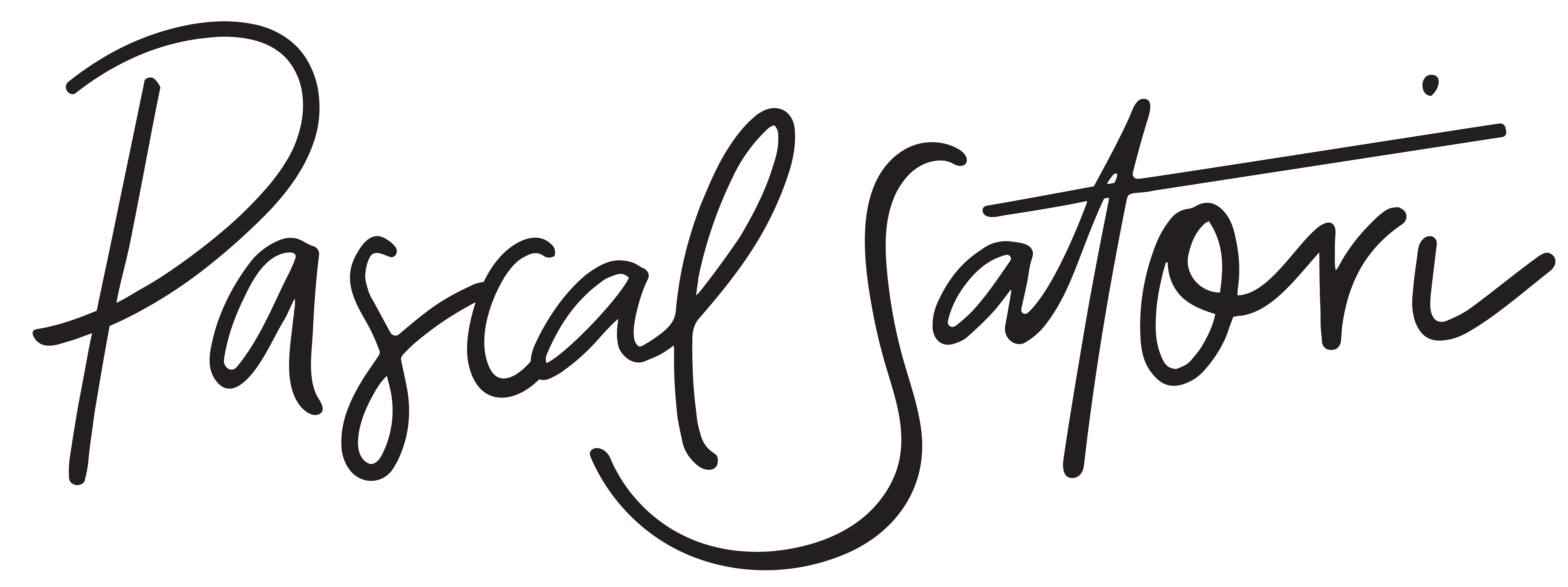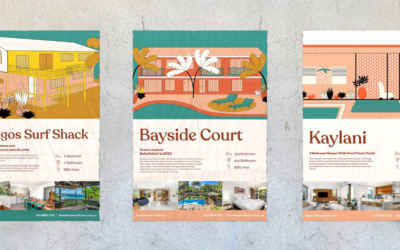The phrase ‘to rest on one’s laurels’ comes from Ancient Greece, when a winner in an athletic competition would be awarded a laurel crown. It means you’ve managed to come out on top, and now you’re there, you feel like you can finally relax.
We’re not against relaxing a bit after a good day’s work – far from it. By all means – treat yourself. But if achieving lasting success matters to you, then there’s a limit to how much relaxing (and treating) you can afford to do before things will start to go stale.
Today’s markets are saturated with competition. It’s becoming harder and harder to cut through the noise and stake out a secure, profitable corner in any sector. Keeping that in mind, if you do find one day you’ve managed to come out ahead of the pack, the last thing you want to do is start slowing down.
The cautionary true tales of one-time behemoth companies Blockbuster and Kodak bring the necessity for innovation home. At the top of their game, they failed to maintain their dominance because they couldn’t (or wouldn’t) innovate. The moral of this spooky narrative? Success is earned and maintained, but not guaranteed indefinitely. Get too comfortable and you’ll find your competition breathing down your neck.
This isn’t a once-every-so-often phenomena. It’s well-studied and documented. Some only associate it with the diffusion and popularisation of technology (Technology Life Cycle) but it’s bigger than that. It reflects the pattern of development, take-up, maturation, and decline of any new idea, whether it be a product, service, or experience. In this broader context, it’s also referred to as the ‘Innovation S-Curve’.
On a graph, it looks like this:
Image: Ideagenius
The Innovation S-curve shows us that in the uptake of any idea, adoption begins slowly, then speeds up, then matures, eventually plateaus, and finally drops. It therefore shows there is an optimum time to start thinking about the next big thing. If we don’t, and we wait for maturation, then sit pretty until it starts to decline, we’ll get left behind. To avoid this, we need an Innovation Strategy.
An innovation strategy seeks change. It should periodically and at regular intervals induce us to look critically at our old ways of doing things, and seek out new ways of doing things better. If change is scary for you (like it is for all of us!) that’s ok – it’s normal. The good news is, there are proven approaches to innovation that reduce the need to take risks.
To achieve meaningful, sustainable innovation, it’s important to go about it the right way. Design Strategy is a considered methodological approach to identifying opportunities for improvement in organisations across all areas of business, from logistics to marketing. It’s already popular with leading multinationals like Apple, Pepsico, Procter & Gamble, and the like, where it’s provided considerable competitive advantages.
Complacency isn’t worth the problems it will deliver down the track. Stay hungry and restless, but also stay smart. Design Strategy offers a clearer path to sustained organisational success informed through thoughtful analysis that keeps the long-term vision central.
If you’d like to know more about how Design Strategy can benefit your business, click here.
To learn how Pepebucks can support you in achieving your business goals through Design Strategy and Brand Strategy, contact us here.




